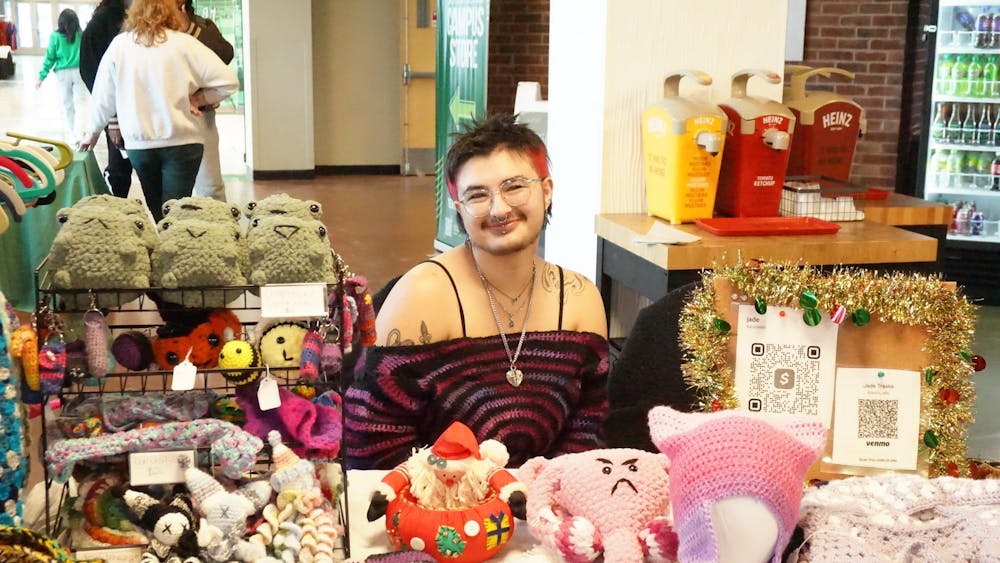In a rare instance of Netflix releasing new seasons in a timely manner, the third season of “Heartstopper” dropped in early October. Seeing Kit Connor and Joe Locke reprise their roles as Nick and Charlie, the show followed their lives as queer high schoolers in love. This new season took a closer look at Charlie’s mental health and the couple’s maturing relationship.
The series was created by Alice Oseman and based on their eponymous webcomic. The new season adapted arcs from the fourth and fifth volumes of the comic.
Highs
Like earlier seasons, “Heartstopper” painted an infectiously positive view of young queerness. Though these characters often faced homophobia, transphobia, and mental illness, it always focused on their feelings and finding love and healing. Most notably, this season had an excellent, respectful look at Charlie’s eating disorder, discussing therapy and recovery while avoiding harmful tropes such as love “curing” mental illness.
The show continued expanding on its source material. In the comics, Nick and Charlie were the absolute main focus, leaving little time to expand on side characters. But in the show, these side characters shined with fully fleshed-out arcs of their own. This also allowed the queer themes to have more nuance and exploration, especially asexuality, aromanticism, gender diversity, and intimacy.
As usual, it was also just so delightfully adorable! With a vibrant set, bright cinematography, and an alternative pop soundtrack. “Heartstopper” executed sweet slice-of-life stories, balancing drama and comedy.
Lows
The sweetness was a mileage may vary situation. At times the show came off as overly saccharine, breaking immersion. This was especially an issue with the dialogue, which like previous seasons came off as deeply unrealistic. It also made some of this season’s discussions around sex fall flat, lacking in chemistry with how sanitized and coy it all was. However, its emphasis on consent was an important message.
The show at times also came off as preachy. All the characters communicated too well, almost as if they were talking to the audience instead of each other. But considering some of the themes around mental health and queerness and the young target audience, this might be the first time many people were introduced to these topics, so they may need some hand-holding.
This season also missed an opportunity to adapt a great comic moment where Charlie’s sister, Tori, was confirmed to be asexual. This coming-out scene was not included in the show. Perhaps it’s being saved for the fourth season, but there was definitely room for it here. It also would be nice for such a popular show to feature two canonically asexual characters between her and Isaac.
Verdict
“Heartstopper” continued with consistent output over its now three seasons. Each one beautifully told stories about queer teens that for many could be a conversation starter. A heartwarming series about romance, growing up, and friendship. It has yet to figure out how to better balance its sweetness, but it was undoubtedly charming.
And while fans await the show’s renewal, they might enjoy Alice Oseman’s novels which deal with similar topics and stories. In particular, “Radio Silence” which followed an enigmatic podcaster, “Loveless” which was an aromantic asexual coming-out story, and the “Heartstopper” comics.
Rating: 8 out of 10.
Frank Remski is a film and theater reviewer for the Eastern Echo. He is majoring in media studies and journalism and minoring in public relations. He has worked for The Echo since summer of 2023 and has written both news stories and opinion pieces.









